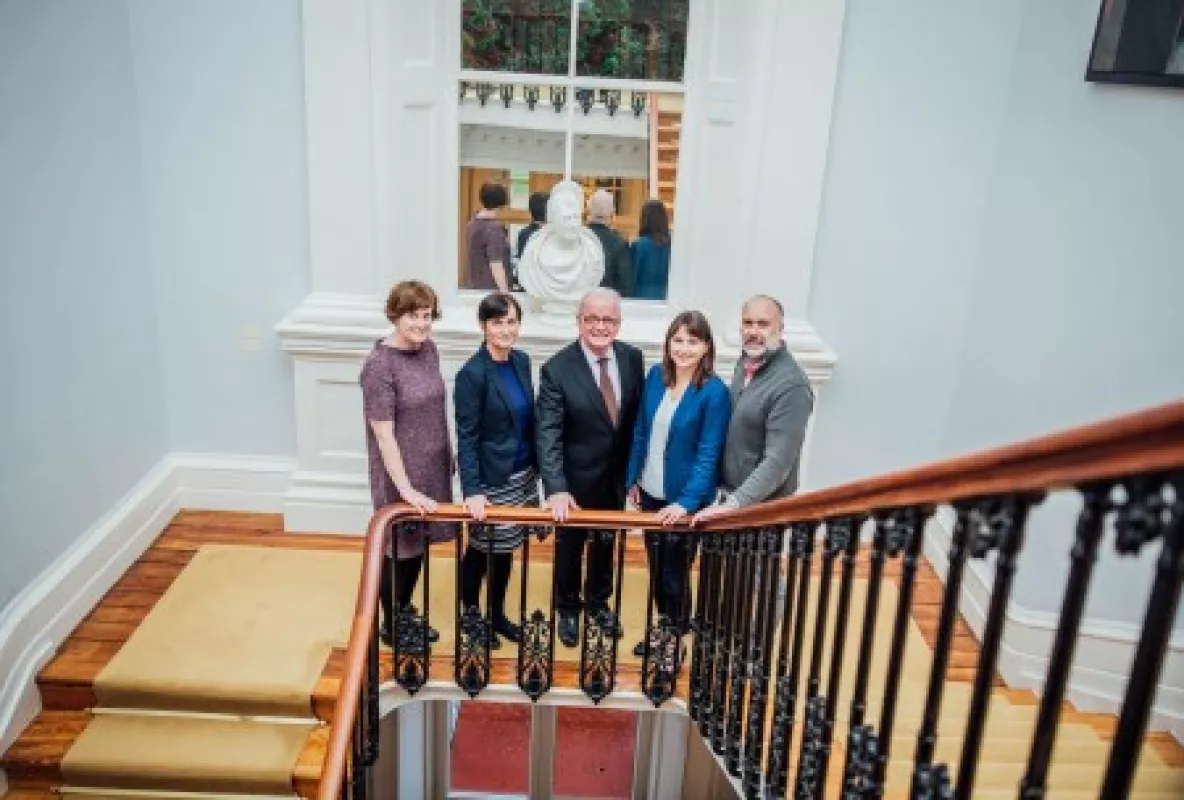
A research unit at University of Limerick is to collaborate with the World Health Organisation in the area of migrant health.
The Public and Patient Involvement (PPI) Research Unit at UL’s Graduate Entry Medical School (GEMS) has been designated by the WHO as a Collaborating Centre for Migrants’ Involvement in Health Research.
The goal of the Centre is to build capacity for participatory research to involve migrants in health decision-making.
Professor Anne MacFarlane, Chair of Primary Healthcare Research at UL, who established the unit in GEMS, said: “Migrants are often excluded from the places where decisions are made about health services, policies and research.
“This is because they are considered ‘hard to reach’, perhaps because of language and cultural differences. Just like other population and patient groups, however, migrants need to have a voice in the health decision making.
“Their perspective on factors that impact positively and negatively on health are vital to identify priorities for researchers, health care providers and policy makers. Our collaboration with the WHO will look at how migrants’ involvement in health decision making can be supported through the development of training and other resources for universities and research partner organisations such as the HSE and NGOs working with migrants,” she added.
UL President Dr Des Fitzgerald welcomed the announcement as an international endorsement of the commitment and expertise of the PPI Research Unit in the Graduate Entry Medical School.
“It is fantastic to see our researchers in the Graduate Entry Medical School working in this important field of study – especially one that seeks to involve migrants in health decisions that can affect them directly,” he said.
“This development sits well with UL’s concern for migrants and refugees and a belief that a university education should be accessible to all, irrespective of any background.
“If you look at our Sanctuary scholarship programme, we are focused on building on our history of engagement by enabling and enhancing access for refugees and asylum seekers who come to our shores.”
The WHO Collaborating Centre has a four-year work programme that includes developing guidance for those that would like to use a more participatory approach in their research, and the piloting of a training programme to build capacity for meaningful involvement of migrants and other stakeholders.
The Centre recently hosted a WHO seminar on Refugee and Migrant Health at UL GEMS which aimed to bust myths and promote facts around the health of refugees and migrants.